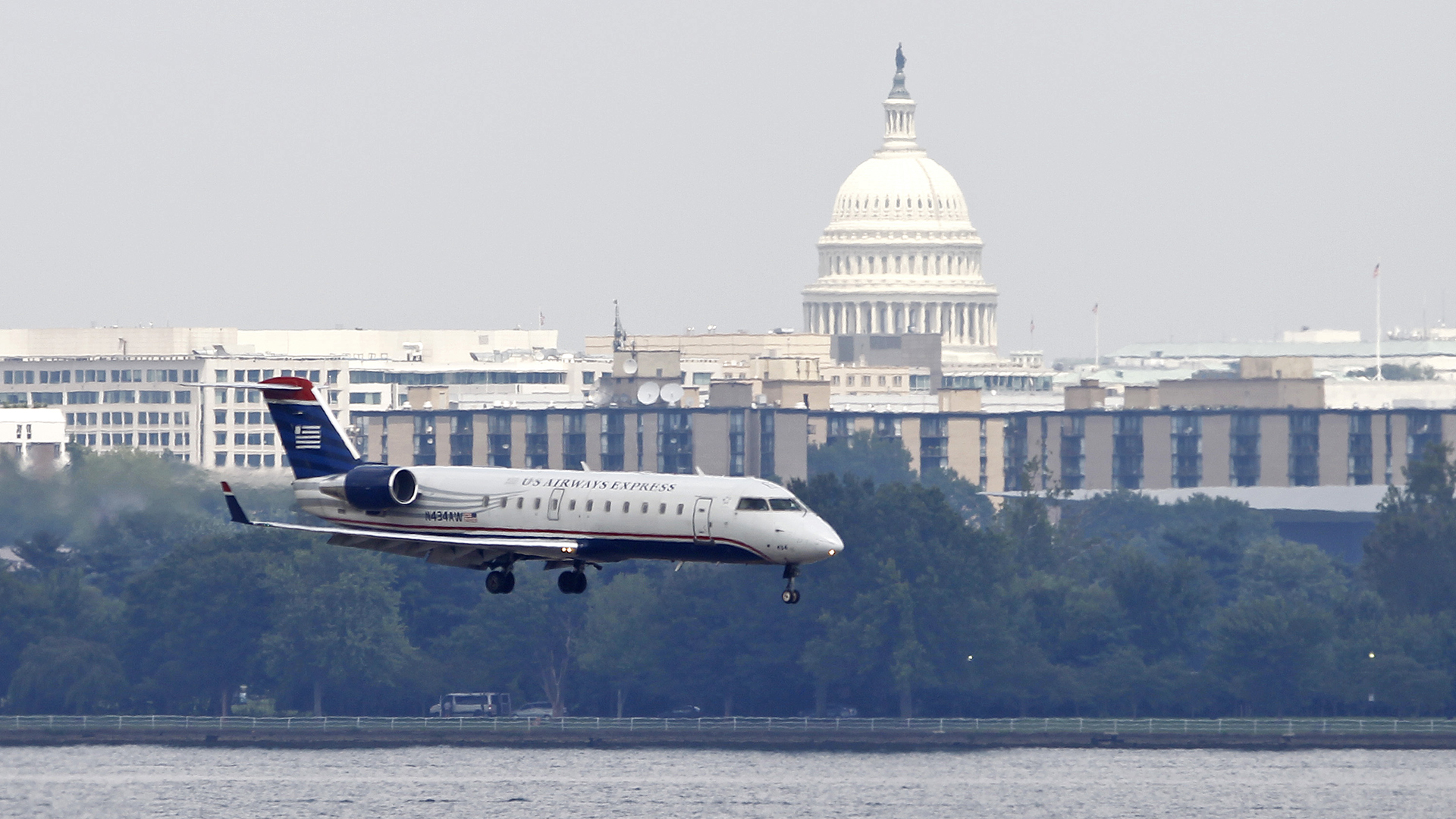

Air transportation is a not-insignificant source of greenhouse gas emissions, accounting for 2 percent of global carbon emissions. It’s a tough form of transport to supplant in the United States, though, on account of its speed and scale, both of which make it a major driver of the U.S. economy. Cutting aviation emissions, advocates say, may best be done by switching to biofuels, and it’s a solution that reportedly appeals to Congress so much that state Representatives are reportedly readying legislation to incentivize bio-aviation fuel (BAF).
Claiming to have seen a draft of this legislation, Reuters reports a trio of Democrats in the U.S. House of Representatives—Brad Schneider from Illinois, Dan Kildee from Michigan and Julia Brownley from California—plan introduce a bill to offer a tax credit of up to $2 per gallon for producers of BAF.

Such biofuels, which can be generated from organic materials ranging from algae to agricultural waste, would reportedly be eligible for the credit if they manage a 50 percent or greater reduction in carbon impact relative to petroleum-derived options. If passed, the bill could reportedly offer these credits through 2031.
Though research has found various sources of BAF effective at reducing airline carbon impact in some cases by 98 or more percent, industry adoption so far has been slow. Cost is a major barrier, as BAF prices often come in at more than double those of fossil-derived kerosene according to a 2019 report from the International Energy Agency.
If subsidized in this manner, BAF wouldn’t be the first widely used biofuel to receive a federal kickstart. According to the U.S. Energy Information Administration, most gasoline sold in the U.S. today contains ethanol, often distilled from corn—a heavily subsidized crop distilled by an industry that itself has received tens of billions of dollars in subsidies.

Reuters did not specify whether the alleged BAF credit would be non-refundable like the federal electric vehicle tax credit, which amounts to a discount on federal taxes, or refundable, making it a less restrictive subsidy capable of reversing the flow of money to the Internal Revenue Service.
The legislation reportedly may have been drafted in response to lobbying from airlines and producers of qualifying fuels, though it also reportedly has support from environmental groups such as the World Wildlife Fund. If reduced-carbon jet fuels are as effective a measure of emissions reduction as promised, maybe their widespread adoption is the most action we can expect of the aviation industry, especially with no effective airline emissions regulations in place.
Either way, as more and more effort goes toward cutting down on carbon emissions, this will be worth keeping an eye on.
Got a tip or question for the author? You can reach them here: james@thedrive.com